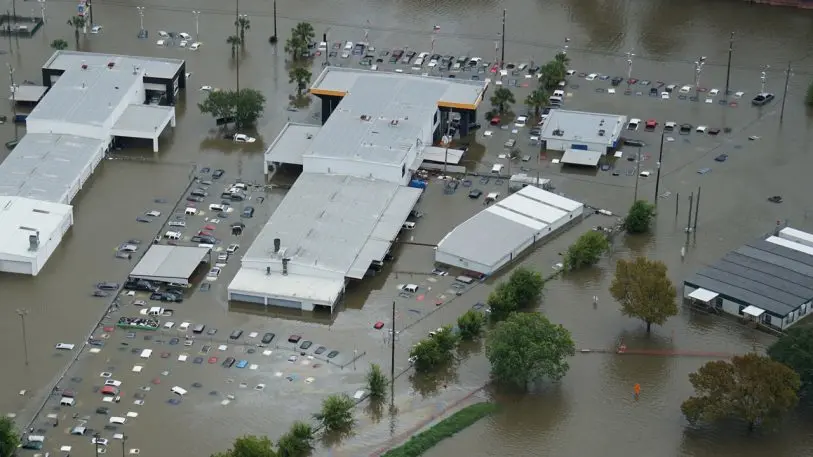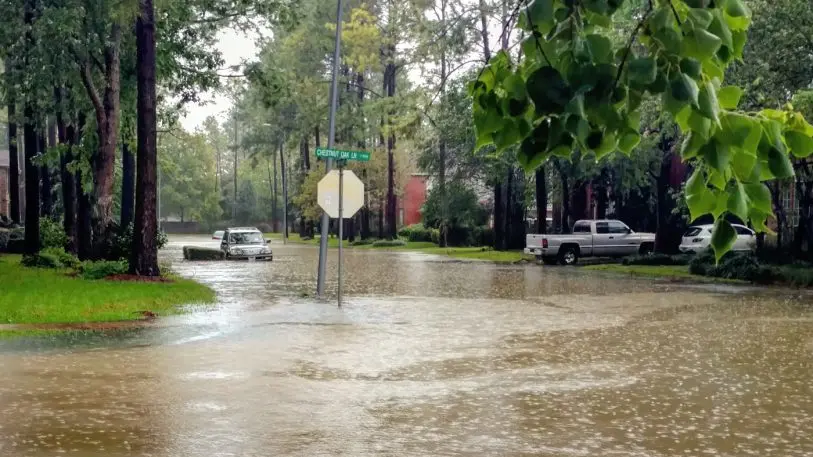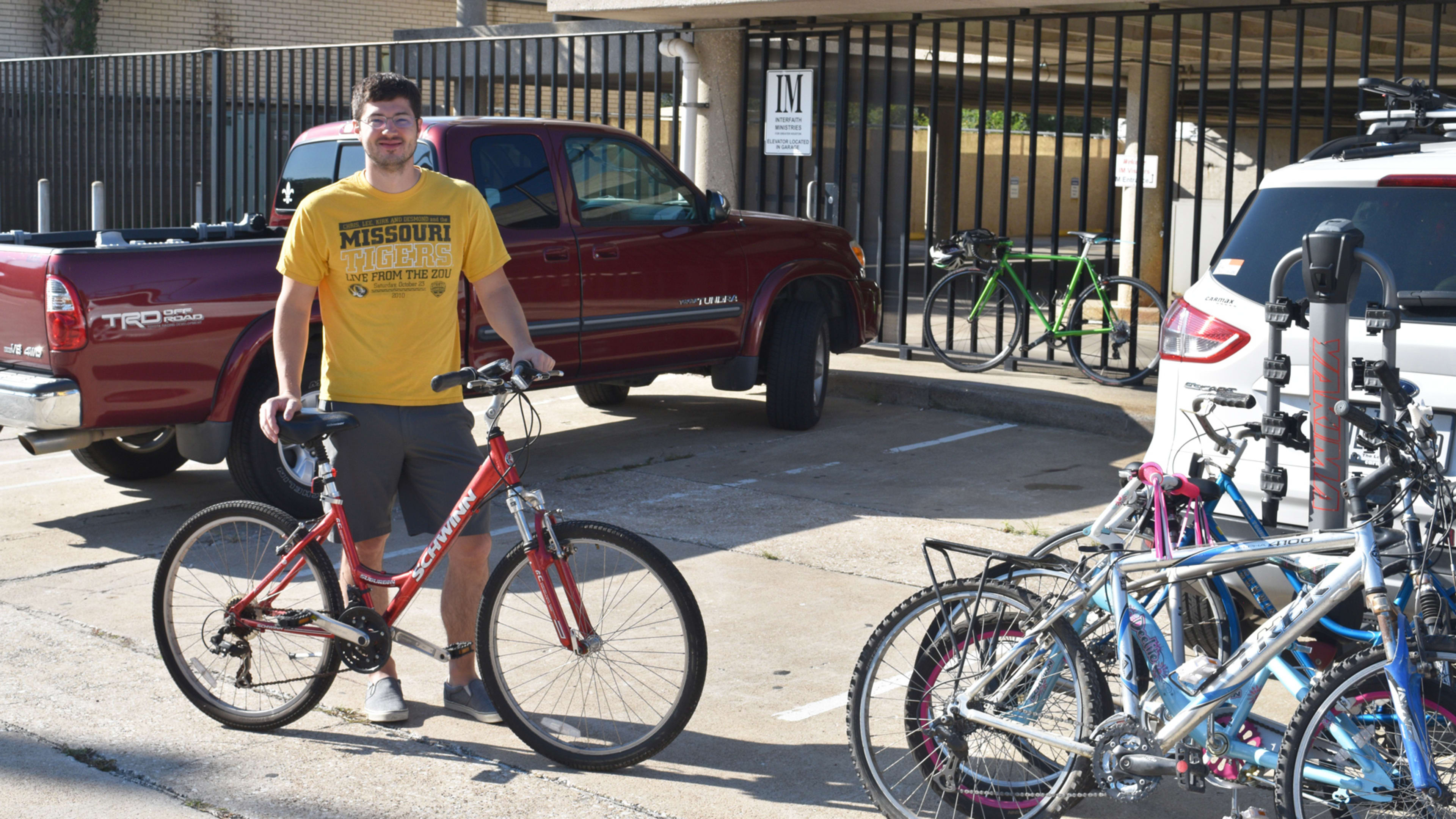As flooded roads have reopened in Houston after Harvey, it’s still hard to get around: The storm, which killed more than 70 people and damaged or destroyed at least 100,000 homes, also totaled hundreds of thousands of cars in a sprawling city where almost everyone drives. A new program will replace some of those cars with bikes.
“It’s a way for us to put a dent in some of the issues that are going to be facing Houston in the aftermath of the storm,” says Carter Stern, executive director of Houston Bike Share, which is helping coordinate bike donations through a program called Keep Houston Rolling.
After dealing with the most immediate needs–rescuing and sheltering people and providing food and healthcare–transportation is one of the next major challenges for the city.

An estimated half a million cars, and perhaps as many as a million, were destroyed in the flooding. Car owners have filed more than 160,000 insurance claims so far, which are still being processed. But around 15% of vehicle owners in Texas don’t have insurance (even though it is required by law), and many others lack coverage that includes flood damage. For low-wage workers who were forced to miss work because of the hurricane, and who may also now be homeless, buying a new car may not be an option. In the short term, even for those who have the money to rent a car, rental agencies are struggling to keep up with demand.
During the storm, though several of the bike share stations were out of service, 1,000 bikes were checked out. Others used bikes to deliver food to shelters or to volunteer in places that were inaccessible by car. As Stern watched this happening, he realized that bikes could also help in the aftermath, and began to reach out for support.

The project aims to help solve an immediate need. But as it exposes more people to biking–in a city with relatively limited public transportation and other options–it may also have some impact on local car culture and attitudes toward bikes. “When I go to city meetings or talk with the community, there’s a lot of skepticism around using a bike for utilitarian purposes, not just for fun,” Stern says. “But once you start using it to go to the store or go to work, you realize it’s healthy, it’s easy, it’s good, it’s relaxing.”
He doesn’t expect that people will necessarily choose not to buy a car when they have the means to do so again. But they may drive less. “I drive a big black SUV,” he says. “I love driving my car, I’m never going to get rid of it. But I ride my bike to work three to four days a week, and that’s great. I think viewing the mobility in a city less as a binary decision and more as giving people a healthy ecosystem of options–whether they want to ride their bike to work, ride their bike to the transit stop, drive their car and then ride their bike to lunch–whatever it is, giving people options.”
Recognize your brand’s excellence by applying to this year’s Brands That Matter Awards before the early-rate deadline, May 3.
